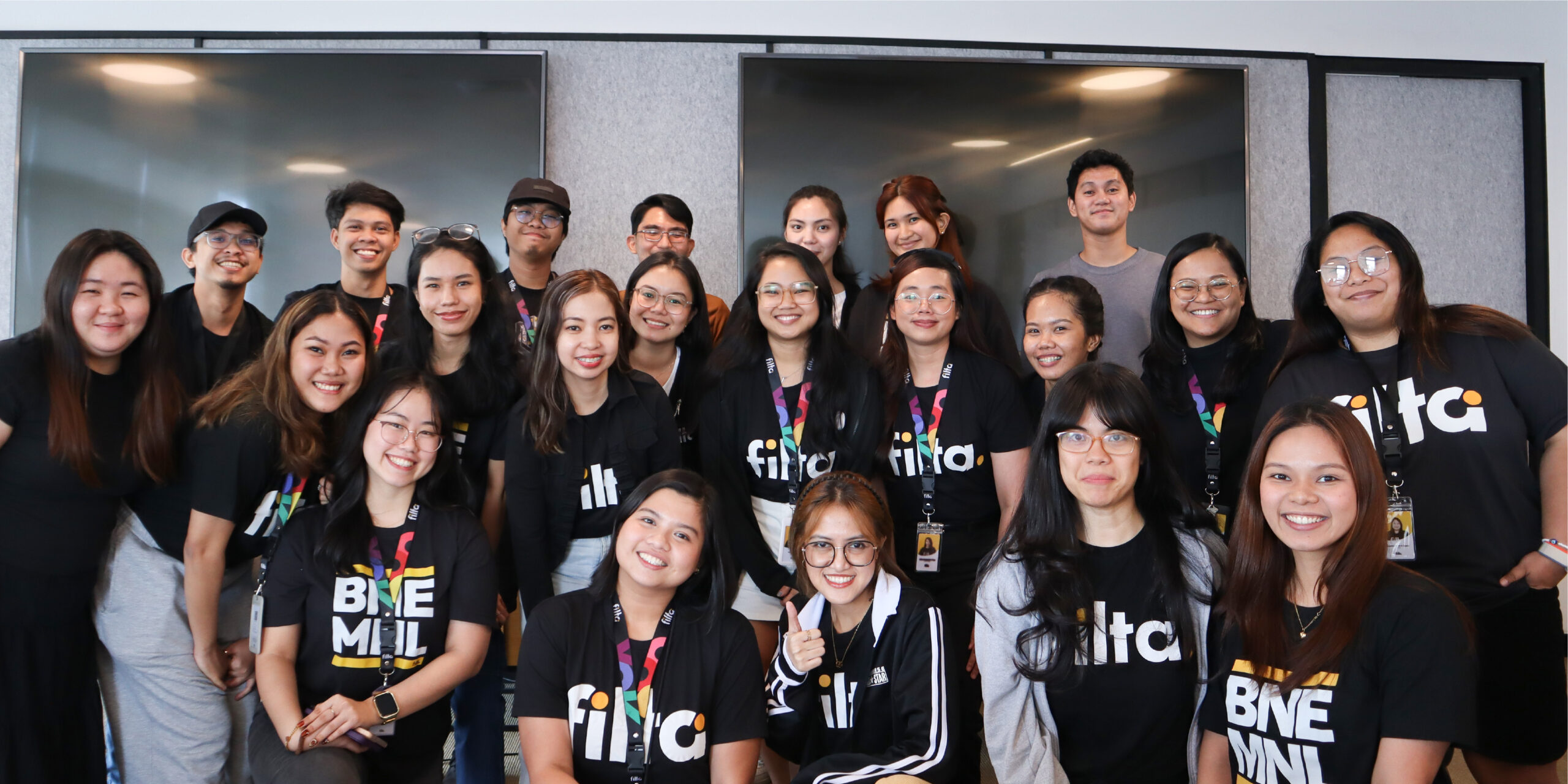Key takeaways:
- A Finnish study shows remote work benefits aren’t distributed equally across roles and demographics.
- Independent workers gain the most from remote setups, while collaborative roles and supervisors face more challenges.
- Trust, community, and informal learning suffer in remote environments, especially for leaders.
- Gender and family dynamics influence how employees experience remote work; men with children report the most positive impact.
- Equity in remote teams requires more than flexibility, it needs tailored support, inclusive benefits, and intentional connection-building.
- Businesses with global remote teams must assess roles, support managers, and deliver meaningful, location-agnostic perks.
- Filta helps companies build equitable, people-first remote teams by handling payroll, compliance, wellness, and face-to-face options in the Philippines and Colombia.
Bottom line:
Remote work only works well when it’s equitable. To get the best out of your global team, you must care for people, not just productivity. Filta can help.
A recent year-long study by the Finnish Institute of Occupational Health has revealed that while remote work can boost well-being and lighten workloads, the advantages aren’t spread evenly across employee groups. The research, which followed 876 employees as part of the “Engagement and Social Connections in Multi-location Work” project, sheds light on the nuanced effects of remote work, and what employers can do to bridge the equity gap.
Not All Remote Workers Are Alike
While remote work offers quieter spaces, flexible hours, and autonomy, it can also chip away at workplace trust and connection. “Remote work can undermine trust and the sense of community, as it reduces face-to-face encounters and positive interactions between colleagues,” said Janne Kaltiainen, Specialist Researcher at the Finnish Institute.
Perhaps most strikingly, the study found that the benefits of remote work were not universal. Independent workers, who rarely rely on constant collaboration, experienced the greatest relief, lower workloads, and fewer conflicting expectations. On the other hand, roles that depend on teamwork and information-sharing felt little to no benefit. This uneven distribution is a red flag for companies with diverse remote teams across functions.
Supervisors and Parents: Unequal Gains
Supervisors in particular reported impaired learning and a diminished ability to monitor team well-being from a distance. As Sampo Suutala, one of the study’s researchers, noted: “It is easy to miss out on small hints and informal discussions. This makes it harder for the supervisor to get to know their team.”
Interestingly, the research also highlighted gender and family-related disparities. Men with children reported that remote work improved their work-life balance, while men without children and women (with or without children) saw far less impact. These findings show how personal circumstances shape how people experience remote work, and why cookie-cutter remote work policies can fail.
What Businesses with Global Remote Teams Should Do
For businesses, especially those outsourcing to global teams, this study is a wake-up call. Equity in remote work doesn’t just mean allowing people to work from home. It means ensuring that every remote employee, no matter their role or location, has access to the same level of support, resources, and sense of belonging.
Here are realistic, actionable ways to improve equity across remote teams:
- Assess roles for remote suitability: Don’t assume all roles will thrive remotely. Consider the collaborative dependencies of each position before applying blanket remote policies.
- Offer flexible structures, not just flexibility: Build in synchronous and asynchronous options so different employees can work how they work best.
- Build community intentionally: Schedule recurring in-person or virtual meetups to rebuild trust and engagement. If possible, give employees access to physical hubs or co-working spaces.
- Support supervisors: Provide training, tools, and check-in routines to help managers stay attuned to their remote teams.
- Deliver real, meaningful perks, globally: From mental health support to healthcare to clear career development paths, ensure perks are felt by remote employees no matter where they are.
How Filta Can Help You Build an Equitable Remote Work Culture
At Filta, we specialize in helping businesses like yours create high-performing, people-first global remote teams, especially in the Philippines and Colombia.
When you partner with us, you’re not just investing in remote talent, you’re investing in their success.
- We provide full support with payroll, benefits, HMO, social security, taxes, and legal compliance.
- We equip teams with wellness support. Remote employees can talk to our local specialists about any struggle, anytime.
- Need in-person collaboration? We have offices across the Philippines and Colombia that your employees can visit freely.
- We empower your managers to collaborate better with their remote teams through guidance.
- And most important, we champion diversity, inclusion, and equality across every team we support.
Because we believe that when employees feel valued, seen, and supported, they’re not just happier, they’re more motivated, productive, and committed to your business goals.
Remember:
Remote work can be amazing, but only when perks, support, and connection are distributed equally. It’s not just about where your team works, but how they’re treated while working. When your people feel heard, appreciated, and cared for, no matter the distance, they deliver better, faster, and more efficiently.
Ready to Build a People-First Remote Team?
Partner with Filta to transform your remote operations into a model of equity, engagement, and high performance. Let’s support your employees the right way, wherever they are.
www.filtaglobal.com














